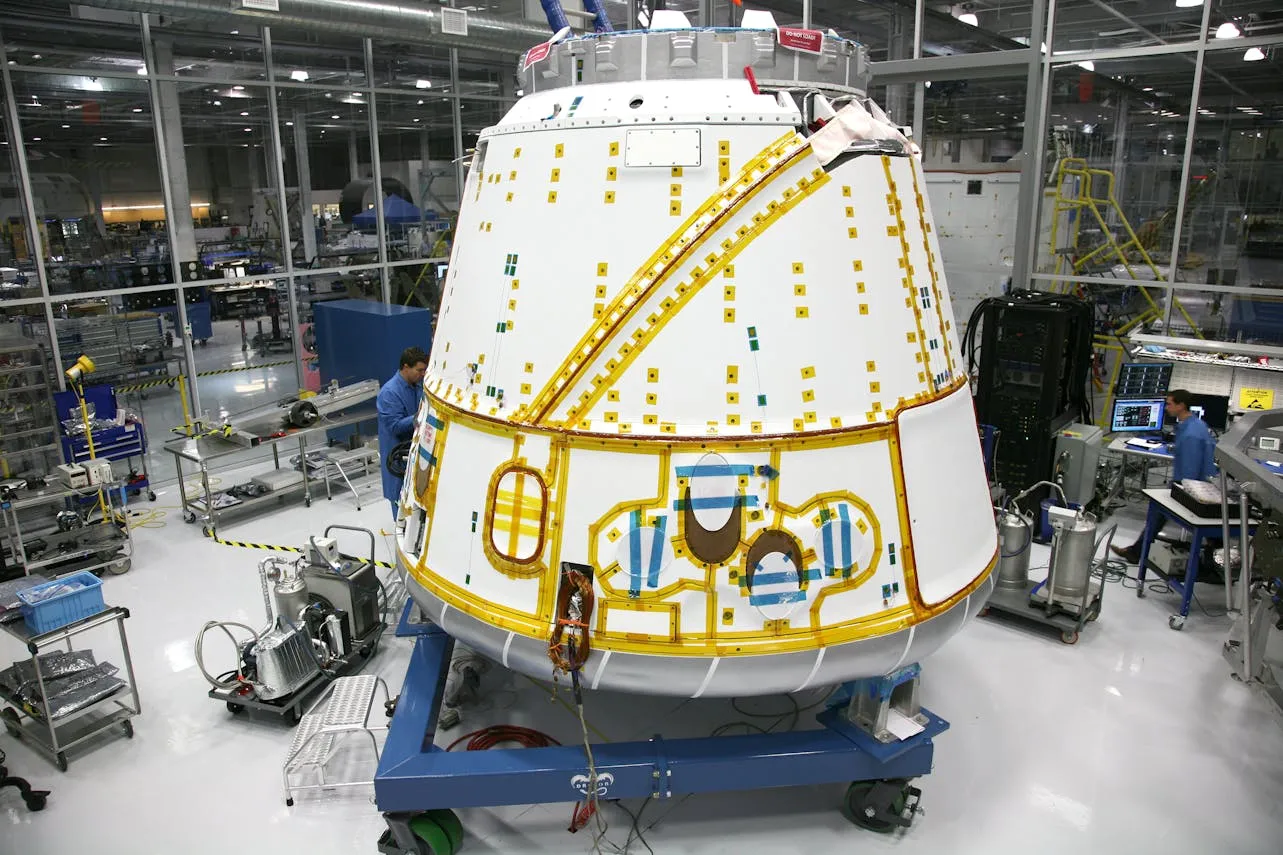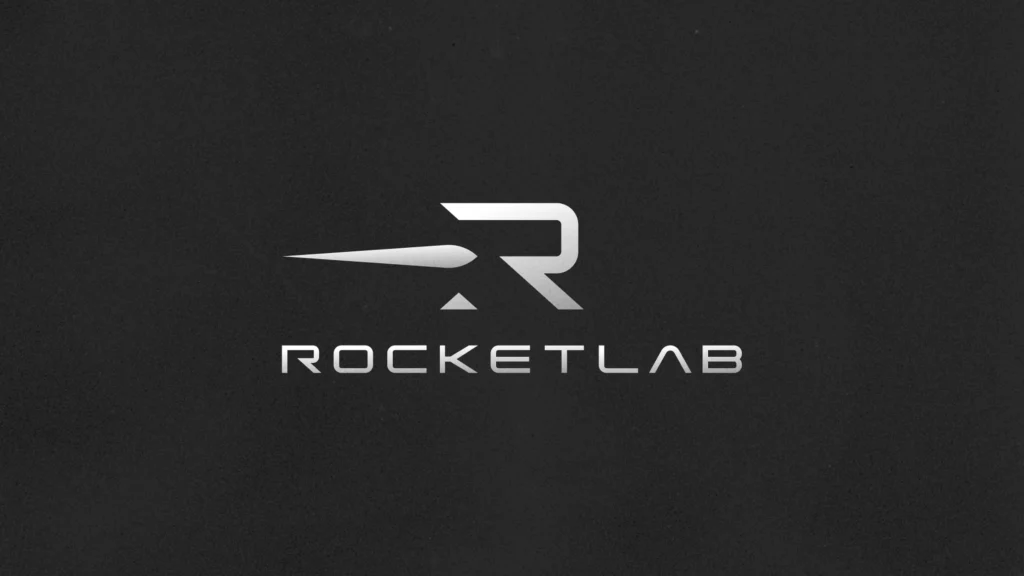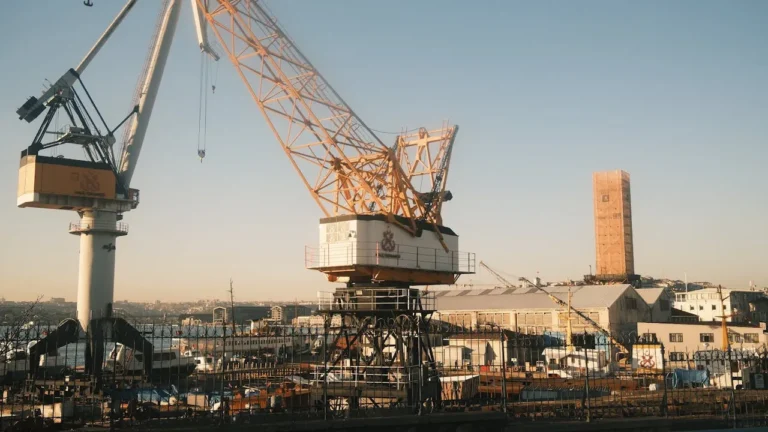
Rocket Lab Strengthens National Security Space Role with $275 Million Acquisition of Geost, Entering Satellite Payload Market
Rocket Lab Corporation (Nasdaq: RKLB), a globally recognized leader in launch services and space systems, announced a major strategic move to deepen its footprint in the national security space sector by signing a definitive agreement to acquire Geost, LLC. Geost is a leading developer and manufacturer of electro-optical and infrared (EO/IR) payloads, essential for national security satellite missions. The acquisition price is $275 million, payable through a combination of $125 million in cash and $150 million in privately placed shares of Rocket Lab common stock, along with potential additional earnout payments of up to $50 million linked to revenue milestones.
This transformative deal marks Rocket Lab’s official entry into the satellite payload market and significantly enhances its ability to provide end-to-end space solutions tailored for U.S. national security needs.
Expanding Beyond Launch Services into Payload Manufacturing
Since its founding, Rocket Lab has made a name for itself by disrupting the traditional aerospace sector, initially as a small satellite launch company providing dedicated, cost-effective access to space. Over the years, Rocket Lab expanded its offerings with spacecraft manufacturing and mission management, increasingly focusing on fully integrated space solutions. This latest acquisition of Geost represents a natural progression in that evolution by bringing payload development — a critical satellite subsystem — into its portfolio.
Geost, based in Tucson, Arizona, is a respected supplier of advanced EO/IR sensor systems with more than two decades of proven flight heritage. Their technologies serve crucial applications such as missile warning and tracking, tactical intelligence, surveillance and reconnaissance (ISR), Earth observation, and space domain awareness. These capabilities directly support key U.S. Department of Defense (DoD) initiatives, including resilient and proliferated space architectures like the Golden Dome concept and the Space Development Agency’s Tracking Layer. By acquiring Geost, Rocket Lab positions itself to offer fully integrated spacecraft that combine payload, bus, and launch services, accelerating mission timelines while reducing integration risks and overall program costs.
Strategic Importance of EO/IR Payloads in National Security
EO/IR sensors play a vital role in modern defense and intelligence operations. Electro-optical sensors detect and image targets using visible and infrared light, enabling real-time monitoring of missile launches, tracking adversary movements, and identifying potential threats in contested environments. Infrared payloads are particularly effective at detecting heat signatures, providing critical early-warning capabilities and enhancing space situational awareness.

With increasing challenges posed by adversaries seeking to disrupt or destroy U.S. space assets, the DoD is emphasizing the need for resilient space systems that can operate in contested or degraded environments. Geost’s payloads are integral to this mission, enabling space assets to provide timely, accurate data for decision-makers and warfighters. Their sensors support a wide range of classified and unclassified missions, demonstrating a proven ability to perform reliably under demanding conditions.
By bringing this capability in-house, Rocket Lab gains control over critical technology development, manufacturing, and integration processes, ensuring tighter quality control and faster delivery of mission-specific payloads.
Enhancing Rocket Lab’s Vertical Integration and Competitive Edge
The acquisition of Geost expands Rocket Lab’s vertical integration in the space value chain. Vertical integration refers to the company’s ability to manage multiple stages of production and delivery internally, which can lead to cost savings, improved schedule reliability, and a streamlined customer experience.
Historically, many satellite operators had to rely on separate providers for payloads, spacecraft buses, and launch services, often resulting in complex coordination challenges, higher costs, and longer development cycles. Rocket Lab’s move to consolidate these capabilities allows it to offer more cohesive and customizable solutions to national security customers, which are increasingly seeking rapid deployment and responsive space architectures.
Sir Peter Beck, Rocket Lab’s founder and CEO, highlighted this strategic vision: “Rocket Lab was founded to disrupt the traditional space industry, and we’re doing just that by expanding our ability to deliver complete, mission-critical space solutions. With the acquisition of Geost, we’re bringing advanced electro-optical and infrared payloads in-house to support secure, responsive, and cost-effective systems at scale. These technologies enable spacecraft that can detect, interpret, and respond to threats in real time, enhancing our role as a trusted provider of end-to-end space capabilities for the United States and its allies—with greater speed, intelligence, and operational control.”
Leadership Perspective and Industry Impact
Bill Gattle, Geost’s General Manager and CEO of Lightridge Solutions, the parent company being acquired, also expressed optimism about the integration: “Integrating Geost’s advanced optical capabilities is a natural next step for Rocket Lab as the company expands its end-to-end space systems. By bringing high-performance optical technologies in-house, Rocket Lab is strengthening its ability to deliver responsive, full-stack solutions for government and commercial missions.
Backed by the infrastructure to produce these systems at scale, Rocket Lab is well-positioned to meet accelerating demand for high-performance space solutions. The addition of payloads to its vertically integrated portfolio not only expands mission capability but also elevates Rocket Lab’s standing as a leading end-to-end space systems provider.”
This acquisition signals a shift in the aerospace industry toward comprehensive space service providers who can offer integrated spacecraft tailored to the rapidly evolving needs of national security and commercial markets. With rising geopolitical tensions and the growing importance of space as a domain of warfare and intelligence gathering, governments are prioritizing resilient, adaptable satellite systems. Rocket Lab’s expanded capabilities put it in a strong position to capture this growing market.
Operational and Workforce Expansion
The acquisition of Geost includes substantial physical and intellectual assets, such as product lines, manufacturing facilities, and laboratories located in Tucson, Arizona, and northern Virginia. This expands Rocket Lab’s geographic footprint and strengthens its manufacturing and research infrastructure.
Moreover, Rocket Lab will incorporate Geost’s team of approximately 115 highly skilled employees, increasing its overall workforce to more than 2,600 people worldwide. This growth further supports Rocket Lab’s broad capabilities, spanning spacecraft manufacturing complexes, test facilities, and launch sites across multiple locations, including California, Virginia, Colorado, Maryland, New Mexico, Toronto, New Zealand, and now Tucson.
This talent infusion enhances Rocket Lab’s engineering depth, production capacity, and innovation potential, all critical to meeting accelerating customer demand in the space sector.
Financial Details and Closing Timeline
Rocket Lab will pay $125 million in cash and issue $150 million worth of common stock to acquire Geost, with an additional earnout of up to $50 million contingent on future revenue targets. This deal structure aligns incentives for continued growth and integration success. The acquisition is expected to close in the second half of 2025, pending customary regulatory approvals and closing conditions.
Rocket Lab will host a conference call for investors to discuss the acquisition details and strategic implications, offering insights into how this deal will shape the company’s future growth trajectory.
The acquisition of Geost represents a critical milestone in Rocket Lab’s journey from a launch service provider to a disruptive prime contractor delivering fully integrated space systems. By incorporating advanced EO/IR payload capabilities, Rocket Lab is poised to offer the U.S. Department of Defense and allied customers comprehensive, resilient, and rapidly deployable space solutions.
As national security space priorities evolve to address emerging threats and the need for greater operational flexibility, Rocket Lab’s enhanced portfolio will provide the critical sensing and monitoring capabilities needed for real-time threat detection, situational awareness, and mission execution. This acquisition reinforces Rocket Lab’s reputation as an innovative, end-to-end space company that challenges traditional industry norms and delivers faster, smarter, and more cost-effective solutions.




